What Are the Most Important Specs for a Gaming Laptop?
Entering the world of gaming laptops can be very exciting—alongside playing a vast library of games whenever you like, you've also got an incredibly powerful machine for everyday tasks.
However, finding the right gaming laptop for yourself can be a little tricky. To help ease your decision, let's explore some of the most important specs you should look for in a gaming laptop.
1. A Gaming Laptop's GPU
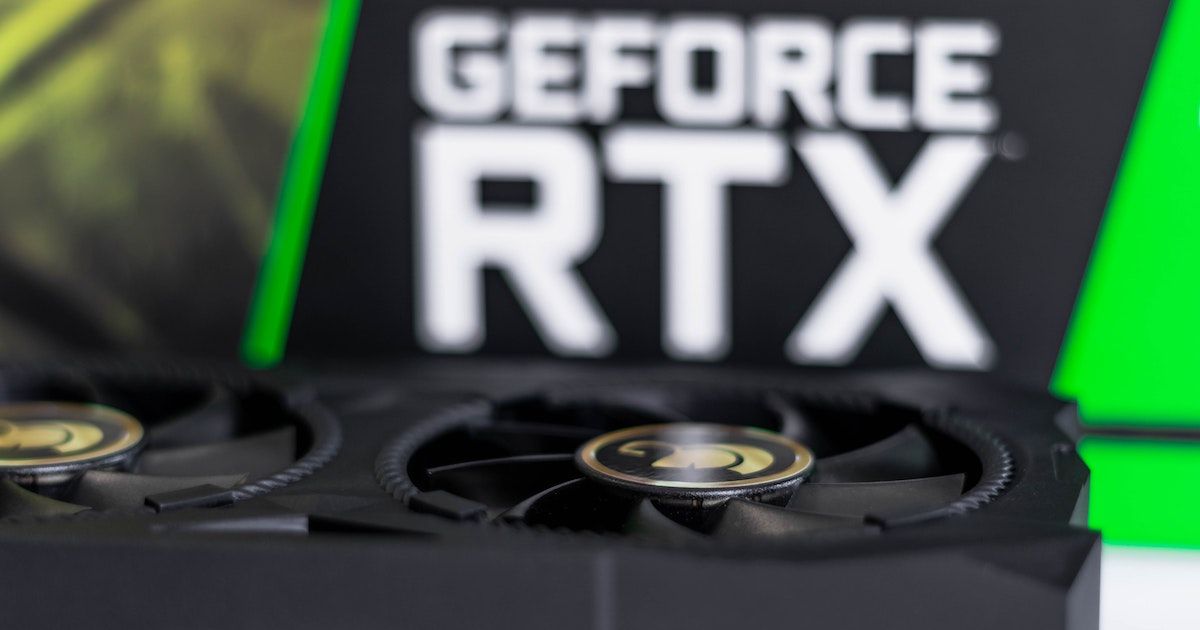
A gaming laptop's GPU (graphics processing unit) is one of its most important features. GPUs render the graphical fidelity of games, ensuring you get crisp, detailed images, effects, and animations, amongst other things.
First, look at laptops that have dedicated GPUs, all with their own independent RAM (random access memory), called vRAM, and processor. Non-gaming laptops will have integrated graphics cards that just won't be able to render games like Assassin's Creed: Valhalla or Hitman 3 effectively.
When considering your gaming laptop's GPU, look at:
- The model—the bigger the number, the better the GPU.
- How much RAM it comes with—ideally either 6GB or 8GB of dedicated vRAM.
- Its power usage—the higher the wattage, the better the performance but with increased heat and at the cost of battery life.
- If it's a "Max-Q" GPU.
"Max-Q" graphics cards are exclusive to NNVIDIA's mobile GPUs. They are slightly less powerful versions of that model and fit into thinner gaming laptops, giving you a cooler, quieter gaming experience.
GPUs like NVIDIA's RTX 30-series give an excellent gaming performance with visually appealing features, such as ray tracing, enabled.
However, at the time of writing, GPUs might be tricky to find with the ongoing electronic chip shortage, so you could look for the previous generation of NVIDIA mobile GPUs, the RTX 20-series, or AMD's Radeon RX 5000M Series GPUs.
Your gaming laptop's GPU won't be upgradeable, so be sure to choose a laptop with a long-lasting, competent GPU for your gaming preferences.
2. A Gaming Laptop's CPU
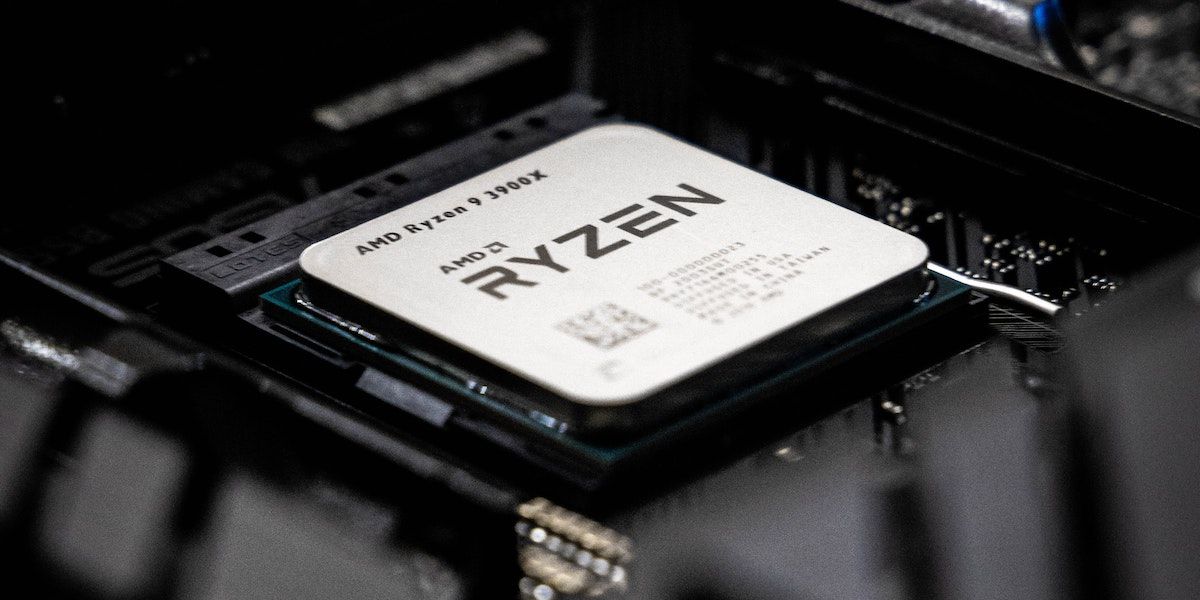
A gaming laptop's CPU (central processing unit) is as important as its GPU. In gaming, a CPU reads the game's instructions and registers player input.
Your gaming laptop's CPU will work with its GPU in order to run and render your game smoothly. You could have an amazing GPU, but if you don't have a good CPU or vice versa, this could compromise your gaming experience.
When deciding on your gaming laptop's CPU, look for at least an Intel Core i7 10th generation processor, or an AMD Ryzen 7 mobile processor, such as a Ryzen 7 4800H.
This should allow you to keep running modern games at decent settings and easily manage older titles. If you're looking to run resource-eating games at the highest settings, consider CPUs such as an unlocked Intel Core i9 processor or a Ryzen 7 or Ryzen 9 5000-series mobile processor.
Like its GPU, your gaming laptop's CPU won't be upgradeable, so make sure you choose the right processor for your gaming needs and budget.
3. Don't Forget the RAM
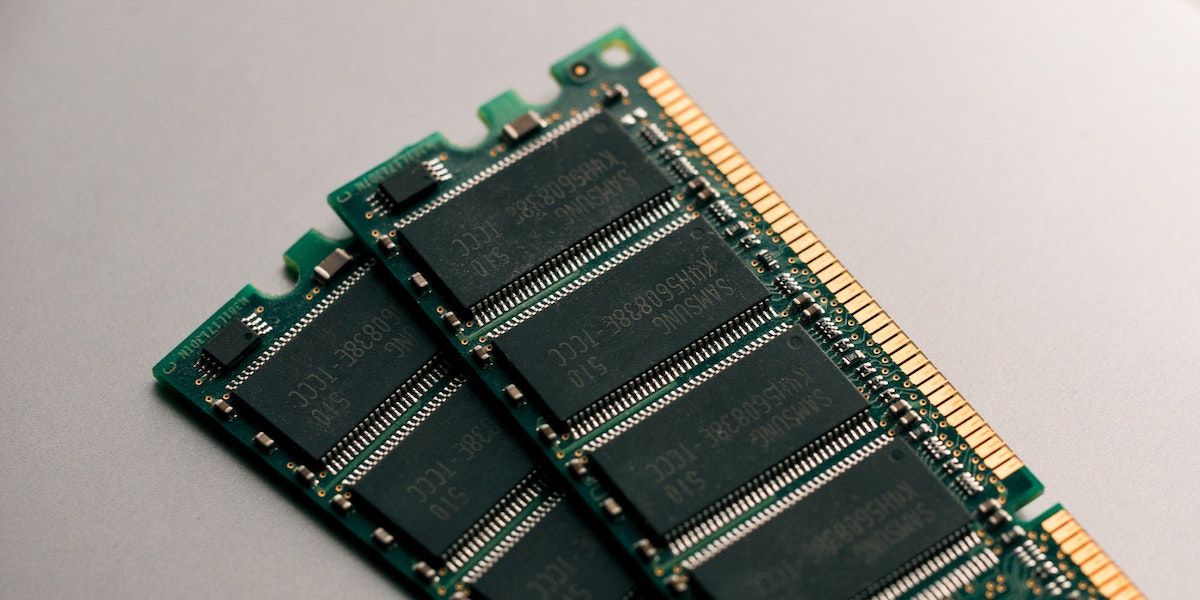
Completing the trifecta of the top specs to consider is your gaming laptop's RAM.
RAM is incredibly important for gaming, ensuring that you get a smooth gaming performance. When considering a gaming laptop, look for at least 8GB of DDR4 RAM, with 16GB if you don't want RAM to be a limiting factor in your gaming experience (you could go to 32GB, but it won't be necessary for pure gaming).
RAM is also one of the few parts you can manually upgrade on your gaming laptop. So, you could buy a gaming laptop with 8GB of DDR4 RAM already installed and then manually install another 8GB of DDR4 RAM later on.
Before you consider this, however, make sure that your chosen model has enough RAM slots and you can upgrade it to the RAM you want.
Modern gaming laptops should allow for at least 16GB or 32GB max RAM, but the last thing you want to do is buy extra RAM and not have your gaming laptop register it.
It's also worth noting that your laptop's RAM differs from your GPU's vRAM. Unlike system RAM, vRAM is not upgradeable.
4. Screen Resolution and Refresh Rate

Gaming laptops have come a long way to deliver vibrant, color-accurate screens with high refresh rates.
Modern gaming laptops offer full HD screens as default, and you'll see many models offering a refresh rate of at least 120Hz. If you're looking for a smooth 1080p gaming experience capped at 120FPS (frames-per-second), then this is perfect for you.
However, if you're looking for that next step up in performance and frame rate, consider 144Hz, 240Hz, or 360Hz refresh rates, which should help in competitive online gaming.
You could also consider screens with higher pixel counts, such as 4K screens or 1440p (QHD) screens, which are being introduced into mainstream gaming laptops.
With 4K mobile gaming, one question to ask yourself would be if it's really worth the extra money and tax on battery life or power to play at 4K on your laptop?
Considering how small the screen is, either 1080p or 1440p would suit you better.
5. Are HDDs or SSDs Better for Gaming Laptops?
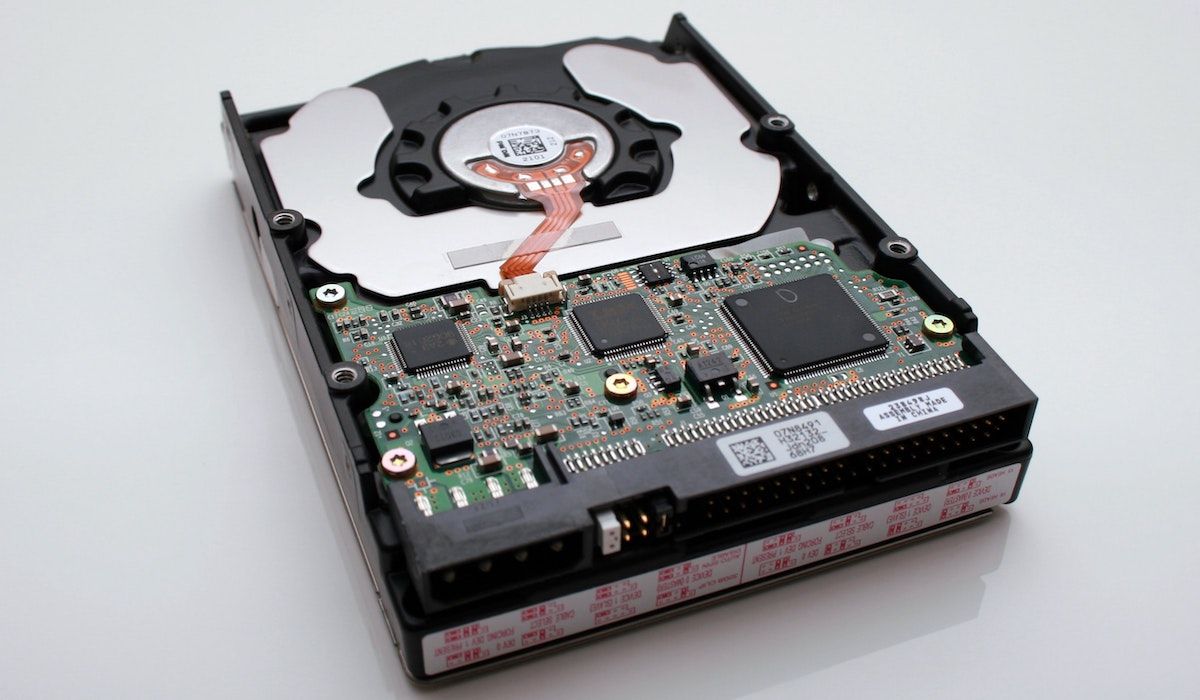
Another upgradeable feature you should consider when buying a gaming laptop is storage space.
Modern AAA games are taking up more and more space, so if you're looking to have a sizable gaming library, consider at least 1TB of storage space. Some laptops will also have slots for two storage drives, meaning you can have one for your immediate games and one for the rest, as well as other files.
This is you need to consider HDDs vs. SSDs, or hard disk drives vs. solid-state drives. HDDs will give you more storage space per dollar, but SSDs are drastically quicker, giving you faster load times.
There are many laptop configurations to choose from, with most modern gaming laptops being HDD and SSD compatible. You can even utilize portable storage drives.
6. And Then There's the Battery Life
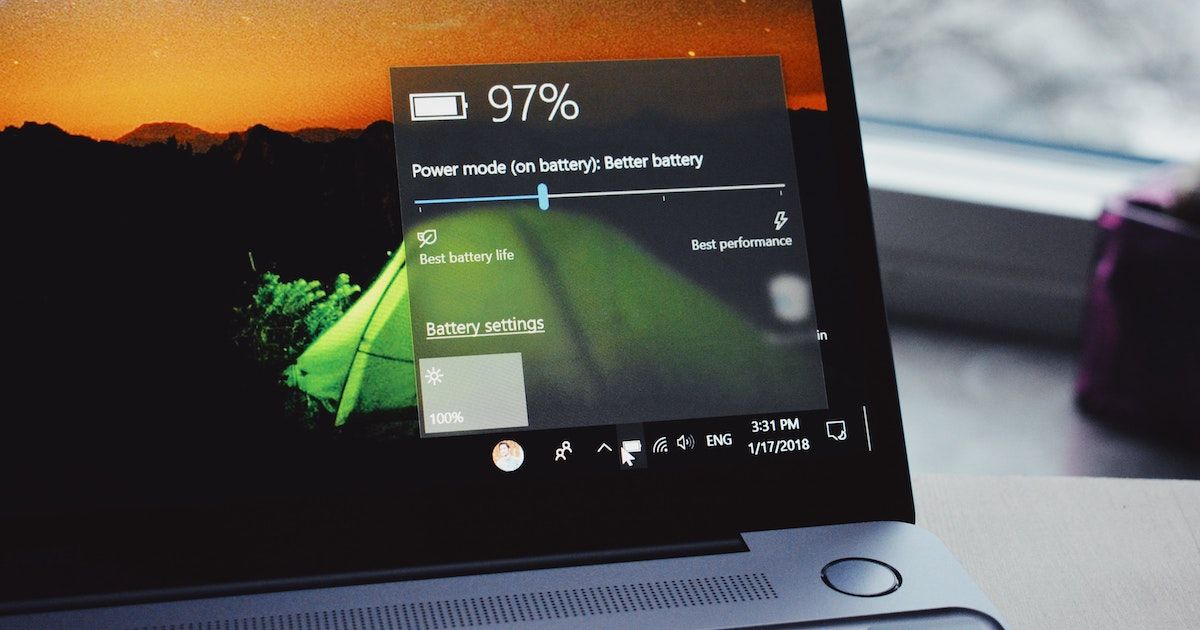
Gaming laptops are not renowned for their battery life, which, because of their demanding components, is rather short.
Less powerful components might give you longer battery life, but your gaming performance might suffer if you choose a laptop with underpowered components.
Conversely, that laptop might have a less powerful battery in it, offsetting the reason you chose a weaker gaming laptop. Gaming laptop batteries are replaceable but not upgradeable.
Though batteries are getting better in gaming laptops, don't expect any gaming laptop to give you anything more than a couple of hours during intense gaming sessions. For that reason, if you can, game with your laptop plugged into a power source.
However, if you want to get a long-running gaming laptop, it's best to take the product description with a pinch of salt and, instead, look at what owners or reviewers have to say of the models you're looking at.
Now You Know What to Look for in a Gaming Laptop
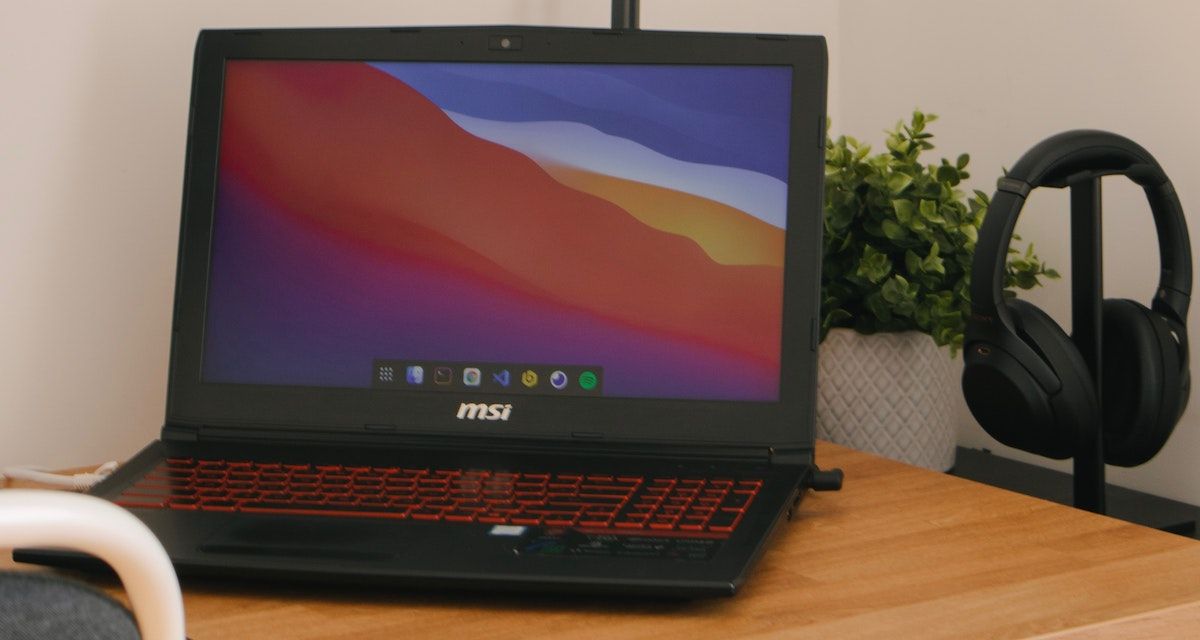
If you're looking to get a gaming laptop, those are the key points you should consider!
It's not necessarily about getting the most powerful gaming laptop you can find, but one that meets your gaming requirements without breaking the bank. There are always things you can do to get the most out of the laptop you have for a satisfying gaming experience.
source https://www.makeuseof.com/gaming-laptop-most-important-specs/
Post a Comment for "What Are the Most Important Specs for a Gaming Laptop?"
Comment when there are difficulties